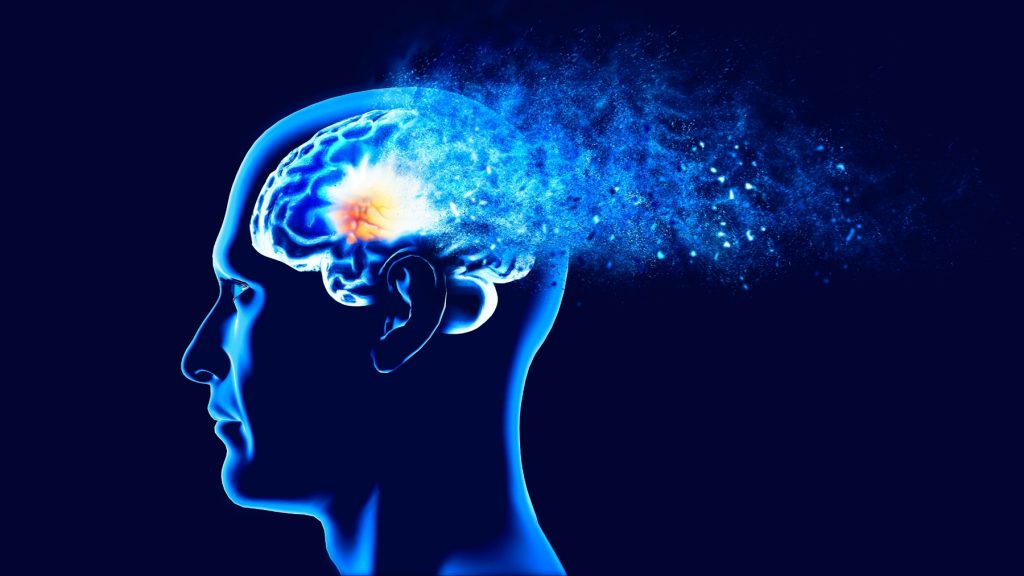
Researchers have developed an AI to diagnose up to 10 types of dementia, helping to discuss cybernetic implants for dementia treatments.
- The AI can also recognize dementia types even if they co-occur.
- BCIs show promise in helping with dementia treatment and management through cognitive retraining.
Boston University researchers developed an AI that can diagnose different types of dementia, opening the discussion about the use of brain-computer interfaces in care plans for dementia.
This neurological condition affects the brain, gradually eating away at the person’s memory, language, and decision-making. At its worst, the patient becomes incapable of performing daily tasks and becomes incapacitated.
Different Types
According to Dementia UK, there are around 200 subtypes, with Alzheimer’s disease, vascular dementia, Lewy body dementia, and frontotemporal dementia being the most common. Several can also present simultaneously in the same patient, called mixed dementia.
Dealing with the condition is quite complicated. First, there is no single dementia assessment tool that can diagnose dementia. The milder your symptoms are, the harder it is to determine whether you have the disease. Unfortunately, there’s a focus on memory symptoms, which narrows the interest in Alzheimer’s and often leads to other types being missed.
Second, there’s no cure for any of the 200 types of dementia. So, doctors focus on managing treatments and slowing the disease’s progression. At most, medication for mild to moderate Alzheimer’s may offer temporary help with symptoms but does not slow or halt the progression. And most of all, dementia presents itself differently in every individual, regardless of having the same type.
But AI and cybernetic implants, which are surgically implanted to augment our biological functions, could be the keys.
Diagnostic AI
Boston University School of Medicine researchers have developed an AI that can diagnose 10 different types of dementia, including in the instances where several coincide.
They trained their model on commonly collected clinical data from more than 50,000 individuals from nine different global datasets. This dataset included demographic information, patient- and family-level medical history, medication use, neurological and neuropsychological exam scores, and neuroimaging data.
Corresponding author Vijaya B. Kolachalama, PhD, FAHA, associate professor of medicine at Boston University Chobanian & Avedisian School of Medicine, explained that generating diagnosis using such available data is important “given the significant challenges in accessing gold-standard testing, not only in remote and economically developing regions and in urban healthcare centers.”
Neurologists and neuro-radiologists were over 26% more accurate in their diagnoses when using the AI.
Cybernetic Implants
Researchers worldwide are also studying cybernetic implants like BCIs as potential tools to help manage and treat dementia. They are especially looking at these cybernetic enhancements to help with cognitive rehabilitation, as they can assess cognitive function by analyzing brain activity and potentially detecting dementia-related changes. A 2018 study showed that BCIs promise to benefit a patient’s attention, short-term memory (STM), or visuospatial orientation.
BCIs can also provide neurofeedback, a real-time display of brain activity used for self-regulation of brain function. This could help slow cognitive decline in dementia patients.
For those with advanced dementia who may have lost verbal communication abilities, BCIs could offer an alternative communication method. They could translate brain activity into computer commands, enabling communication through text or synthesized speech.
Final Thoughts
While promising, the use of BCIs and other cybernetic implants in dementia treatment is still a new field requiring further research to fully understand the potential benefits and risks. For now, it is reassuring that AI diagnostics are accurate, enabling higher-quality personalized treatment plans.
Inside Telecom provides you with an extensive list of content covering all aspects of the Tech industry. Keep an eye on our Medtech section to stay informed and updated with our daily articles.